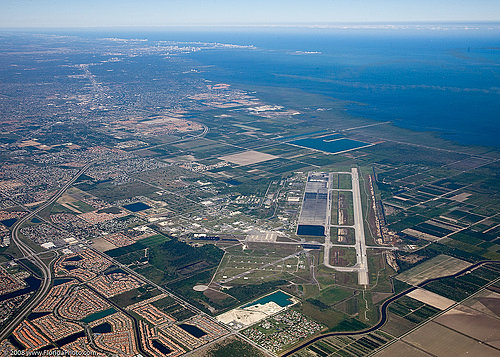Earth Charter was a great reading, and was good to have read
this for our last blog. It seemed to want to motivate the reader that change is
possible and that it needed to be done now. Earth Charter shows us who we are
as people on earth, what the problems are and how we can fix them. “Humanity is
part of a vast evolving universe.” Earth has thrown a lot at us of ever
changing life new species and new discovering. “The well-being of humanity
depended upon preserving a healthy biosphere.” Earth Charter says the problem
is that “The dominant patterns of production and consumption are causing
environmental devastation, the depletion of resources, and a massive extinction
of species. Communities are being undermined.” There are some challenges that
lay ahead like the risk of the destruction of ourselves and the diversity of
life. We are at that state now where technology is very vast and can almost do
anything. Earth Charters says we are able to fix these problems, “We have the
knowledge and technology to provide for all and to reduce our impacts on the
environment. The emergence of a global civil society is creating new
opportunities to build a democratic and humane world. Our environmental,
economic, political, social, and spiritual challenges are interconnected, and
together we can forge inclusive solutions. Earth Charter finishes up by saying “deciding
to live with a sense of universal responsibility, identifying ourselves with
the whole earth community as well as our local communities.” Since we are all
human beings, sharing this world, we all share responsibility to the present
and future well-being of the human family and the larger living world. This is
how Earth Charter thinks everyone in the world should be acting, and they are
correct.
 This picture really stuck out to me because it shows that we are all humans and that this world is ours.
This picture really stuck out to me because it shows that we are all humans and that this world is ours.
http://www.cityprojectca.org/blog/wp-content/uploads/2011/04/earth-charter.jpg
 This is Earth Charters logo
This is Earth Charters logo
http://safcei.org/wp-content/uploads/2012/05/earth-charter-logo.jpg
 David Orr
David Orr I just liked this picture, due to the fact that we should be thinking about the world!
I just liked this picture, due to the fact that we should be thinking about the world! Jane Goodall is really famous for her many works, one in particular was with her chimps.
Jane Goodall is really famous for her many works, one in particular was with her chimps.  The small cottage on Estero Island
The small cottage on Estero Island
 A picture I found that the imagery reminded me of A Fable for Tomorrow.
A picture I found that the imagery reminded me of A Fable for Tomorrow. This picture to me is a great image of kids being poisoned by all these new chemicals found in our foods now.
This picture to me is a great image of kids being poisoned by all these new chemicals found in our foods now.  Globalization destruction of forest.
Globalization destruction of forest. India and other hindu people take part in medicinal plant biodiversity.
India and other hindu people take part in medicinal plant biodiversity.
 One of Chinas grass carp.
One of Chinas grass carp. 
 Family and friends at The Islander, the motel my family has been going to since my 30 year old sister was a baby!
Family and friends at The Islander, the motel my family has been going to since my 30 year old sister was a baby! Just a picture i found that i feel describes the MacIvery lives in Florida
Just a picture i found that i feel describes the MacIvery lives in Florida  this is the same map from the book.
this is the same map from the book.  This is a picture of an arial view of the Air force base in Homestead
This is a picture of an arial view of the Air force base in Homestead Michael Grunwald
Michael Grunwald coyotes-wolves-cougars.blogspot.com
coyotes-wolves-cougars.blogspot.com http://en.wikipedia.org/wiki/Everglades
http://en.wikipedia.org/wiki/Everglades

